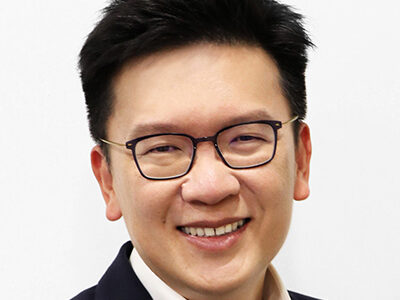Min-Han Tan, Founding CEO at Lucence, shared a post on LinkedIn: .
“Young folks often ask what the future brings for cancer care decision making and AI?
Over the years, I learnt the 2 most fundamental decisions for cancer diagnostics centers on:
1. Does this patient have active cancer?
2. What treatment should be used now?
Other important issues including prognosis are critical for patients and doctors, but seldom align all healthcare stakeholders, especially payors.
Only these 2 questions above fundamentally are of interest to all healthcare stakeholders.
So people then ask if AI can improve such decision making, and what role is best played by humans.
AI can support some image-based diagnostics approaches – mammography and lung nodule evaluation come to mind.
What about multimodal approaches (combining image, text, speech?)
These are now available (ChatGPT-4o) but have not been tested in healthcare.
I remain convinced that the foreseeable future still belongs to doctors who are making the best possible decisions supported by the best variety of tools.
Because such machine-readable datasets are fundamentally hard if not impossible to collect.
Some look to clinical guidelines as short cuts. Unfortunately, these rules usually reflect past studies collected in a selected patient pool customized for the specific local payors, and not geared to transformation.
That’s why in real-world practice “guidelines are not tramlines“. Introducing such hard coded rules can be helpful but not transformational.
IBM Watson tried to support multi-modality cancer decision-making, to their credit. It didn’t work out because adoption was low for decision-support (vs transformation).
Seeking healthcare system change through diagnostics is a life’s career filled with problems and difficulties.
But it is one of the most fundamental and satisfying pillars of healthcare well worth the time.
And so many tools that can help us do better, not just AI!”
Source: Min-Han Tan/LinkedIn
